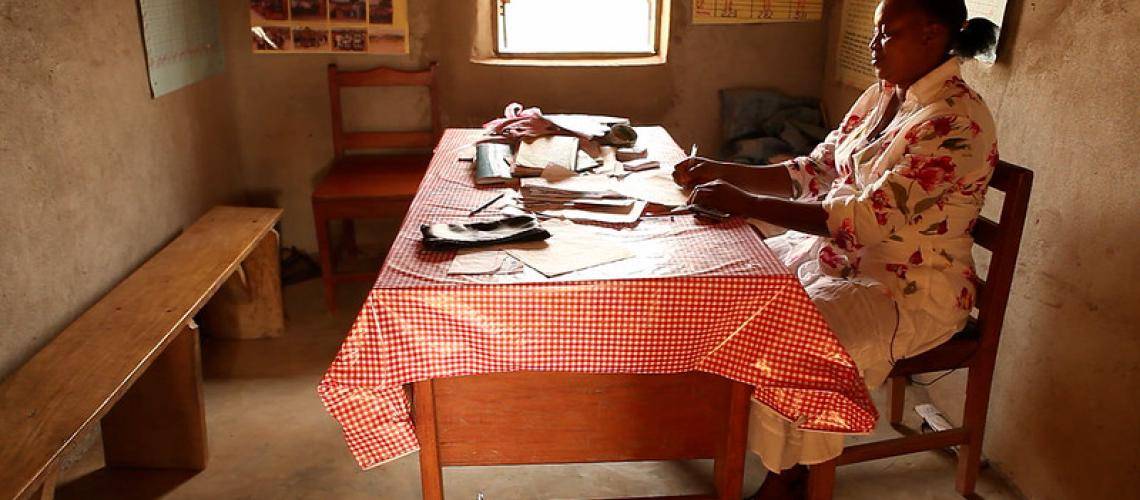In most African countries, decentralization in the education sector has included devolving components of policy and management functions to district, and even to school levels. For instance, learner enrolment and teacher deployment responsibilities have been transferred to districts and schools. However, it has been challenging for district commissioners, school leaders and administrators to effectively manage the intake of learners, deploy teachers and distribute learning materials based on accurate and timely data. The education management information system (EMIS) that provides most of the necessary data on learners and teachers, and the analysis that comes with it, is still centralized at ministries’ headquarters. Moreover, there is an increasing demand from managers for additional data on students’ characteristics to better guide interventions to address equity and inclusion issues, and for data on learning outcomes to assess the quality of education systems. As a result, there is a need for improved EMIS to ensure that the transmission of crucial and quality data is timely and allows for effective decision-making at all levels, especially to address gender, equity, and inclusion (GEI) issues at the district and school levels.
To address these challenges, this project draws from decades of experimentation with a successful and innovative digital platform called the District Health Information System (DHIS2) carried out in the health sector by the Health Information Systems Program (HISP) of the University of Oslo. DHIS2 has recently been tried with success in the Gambia, Togo and Uganda to address the lack of “turnkey” education management information systems (EMIS) that can be used sustainably and at scale. This project builds on lessons in those three countries and responds to new demands from eSwatini, Mozambique, Senegal, and Sierra Leone to enhance data-driven decision making, including operationalization of GEI-related indicators at district and school levels.

